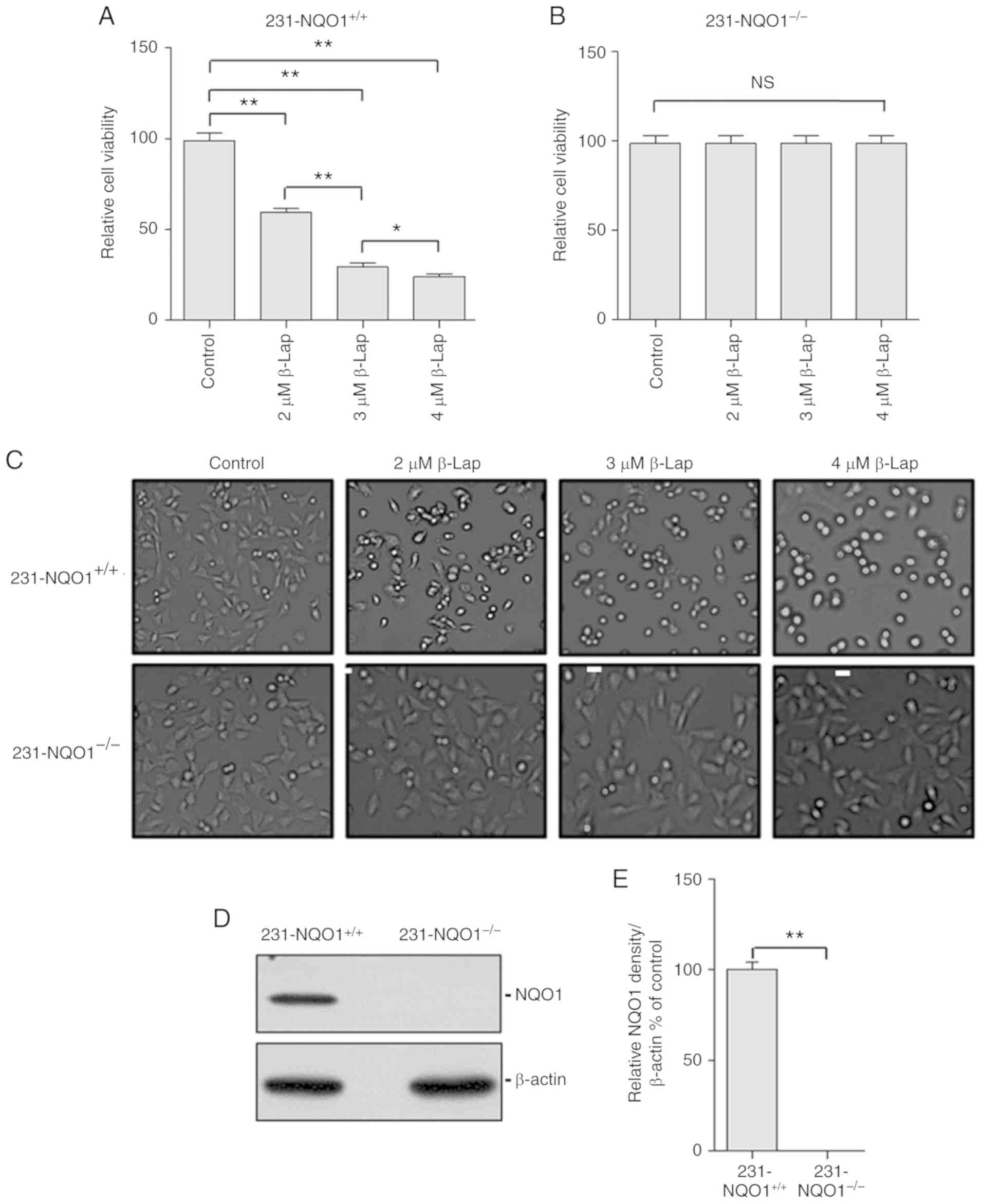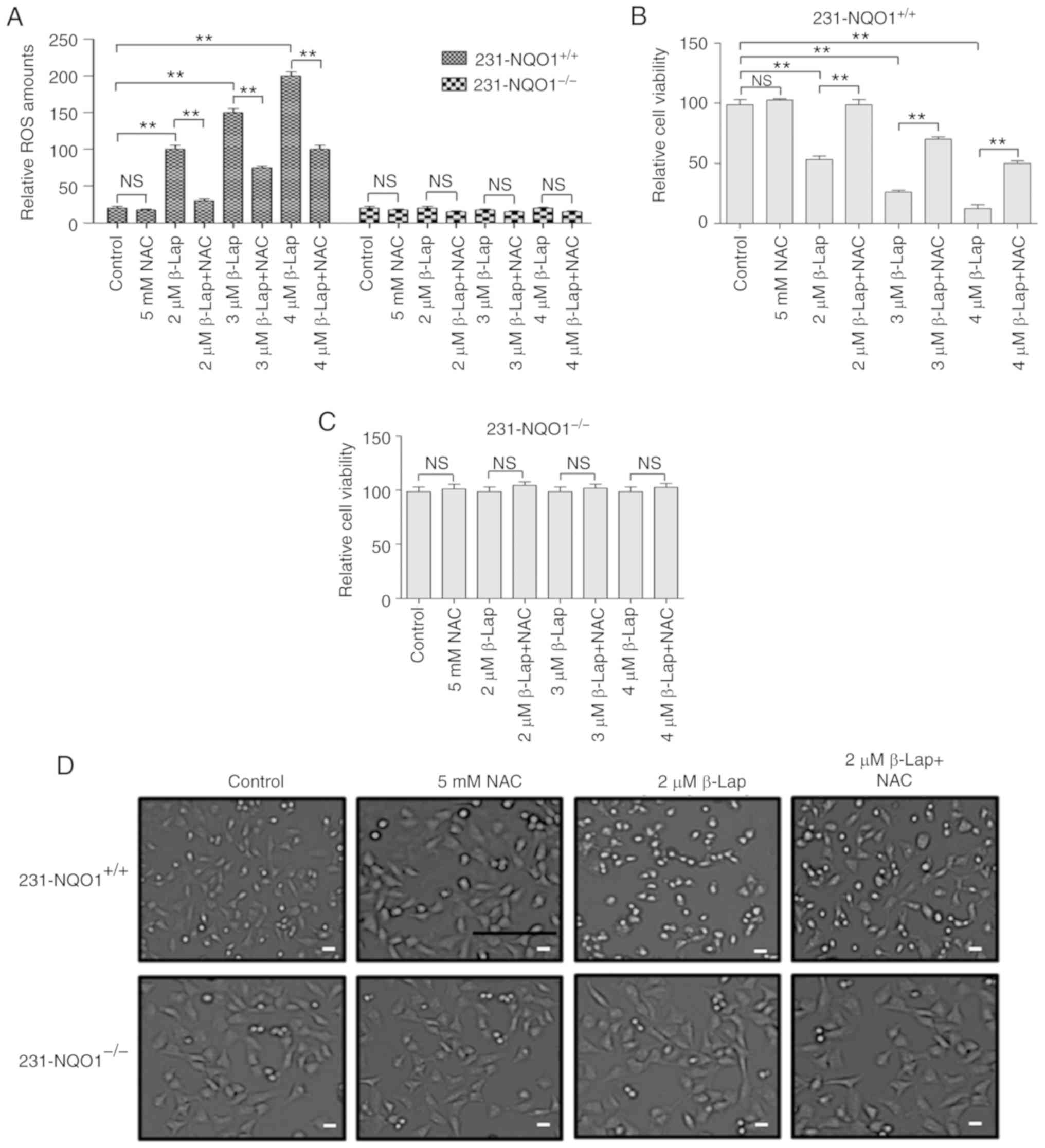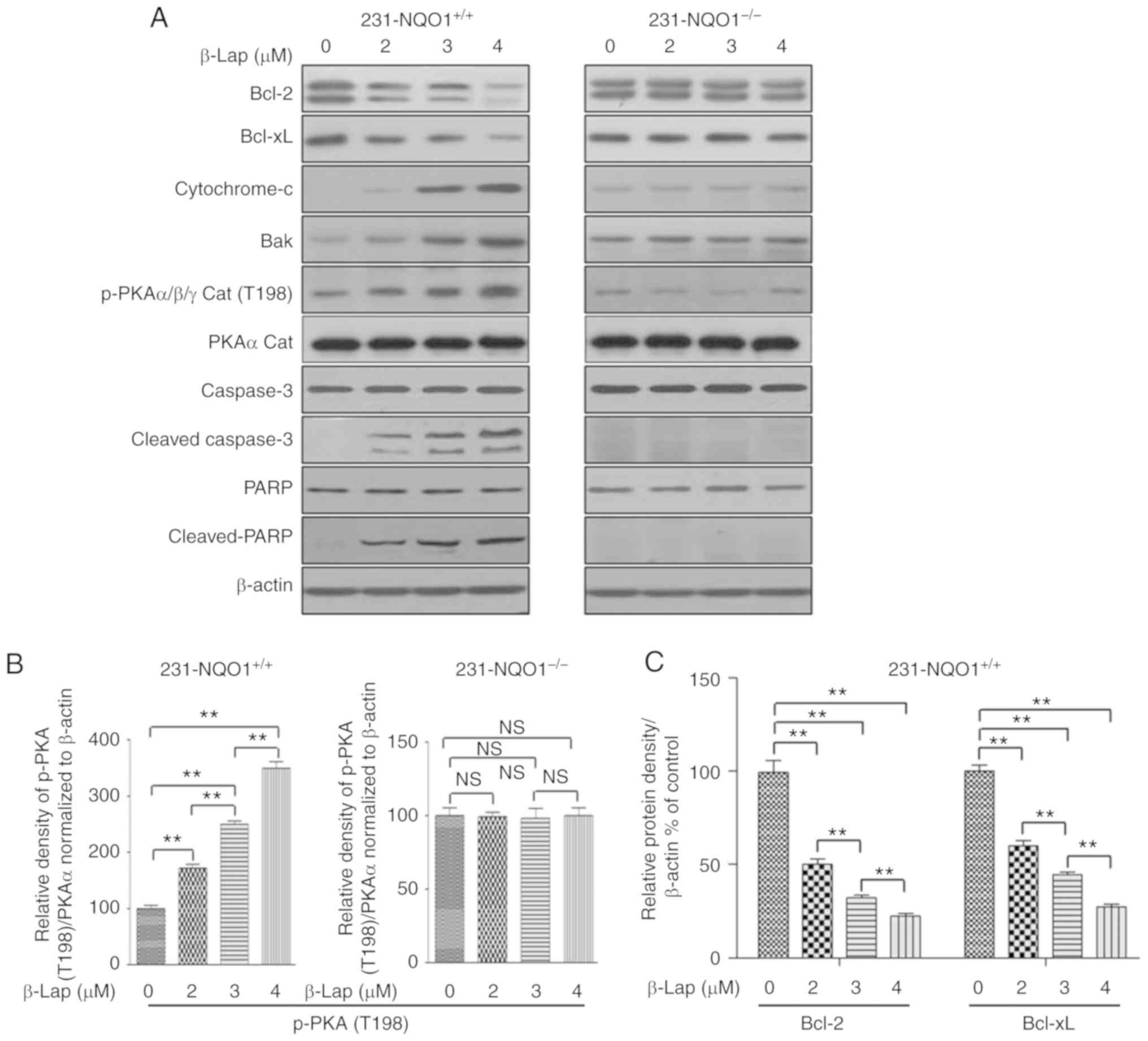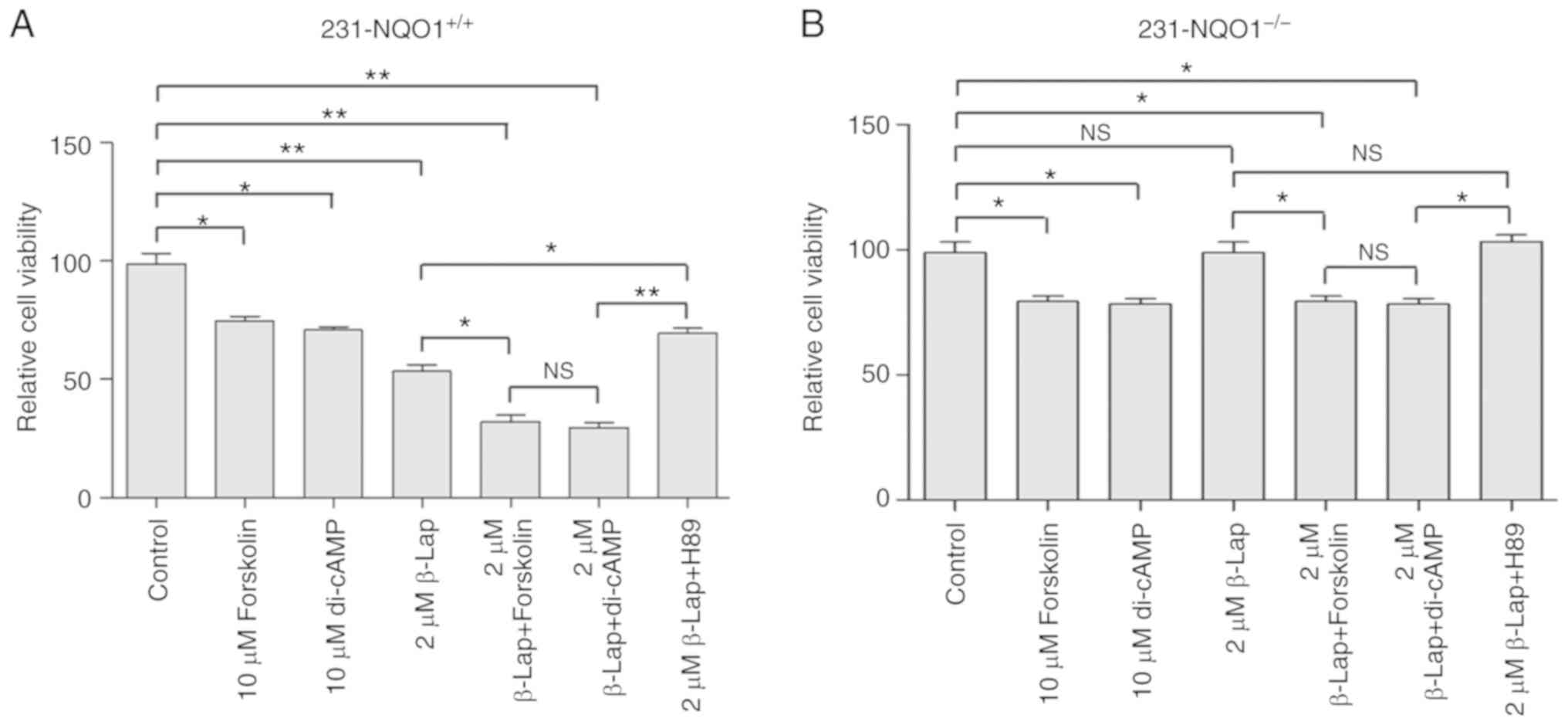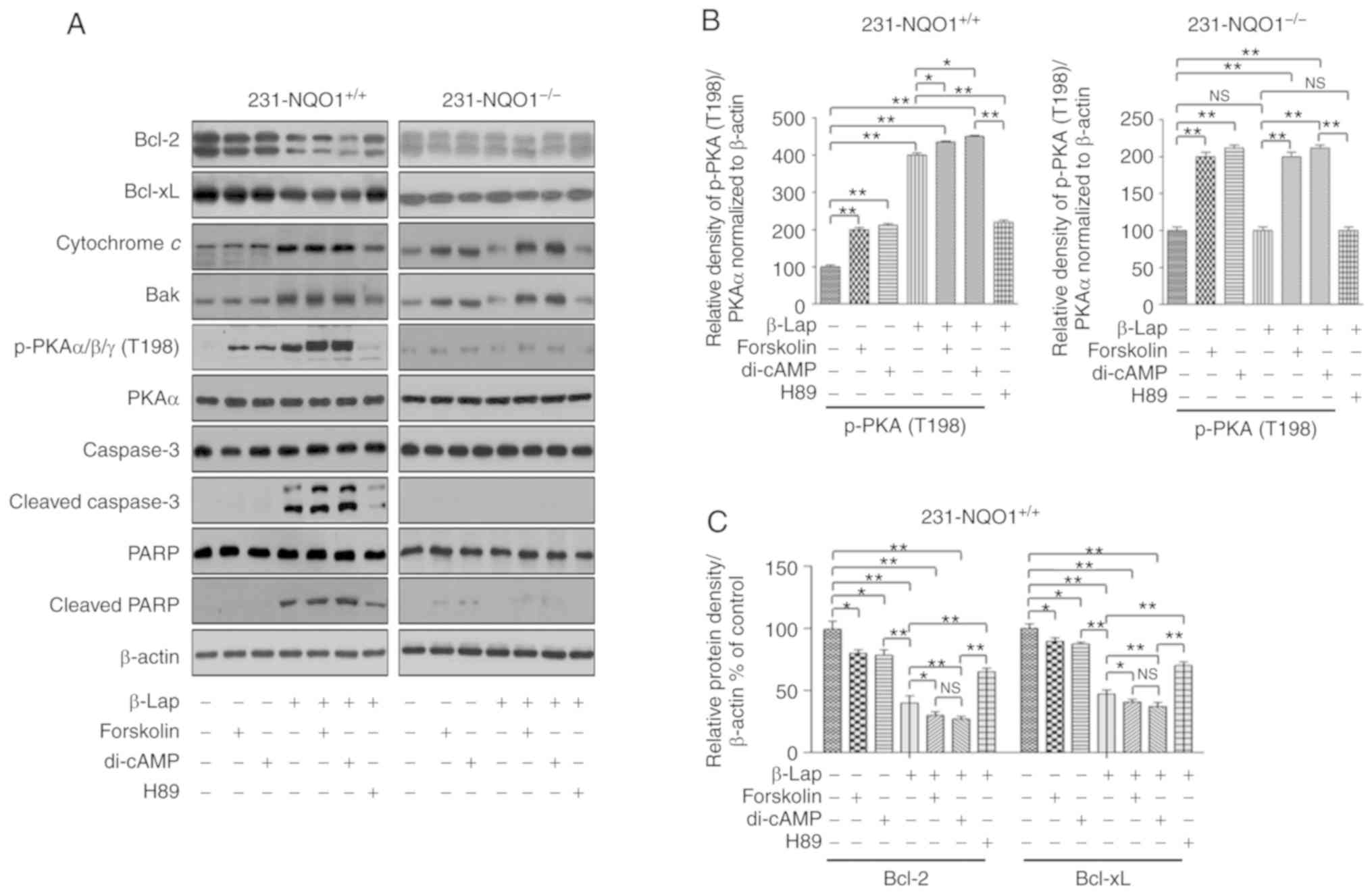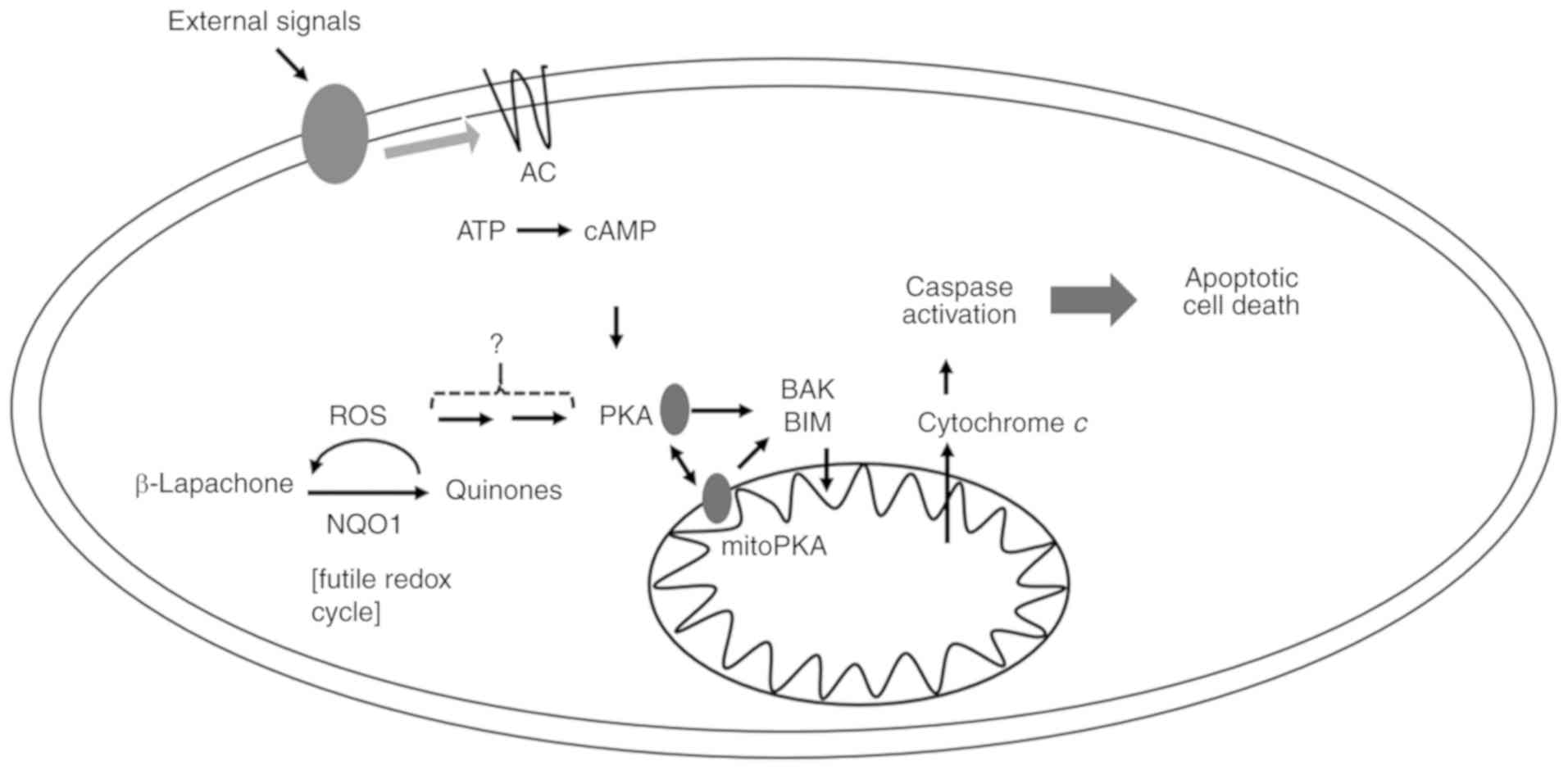|
1
|
Semenza GL: Molecular mechanisms mediating
metastasis of hypoxic breast cancer cells. Trends Mol Med.
18:534–543. 2012. View Article : Google Scholar : PubMed/NCBI
|
|
2
|
Valastyan S and Weinberg RA: Tumor
metastasis: Molecular insights and evolving paradigms. Cell.
147:275–292. 2011. View Article : Google Scholar : PubMed/NCBI
|
|
3
|
Lambert AW, Pattabiraman DR and Weinberg
RA: Emerging biological principles of metastasis. Cell.
168:670–691. 2017. View Article : Google Scholar : PubMed/NCBI
|
|
4
|
Lerebours F and Lidereau R: Molecular
alterations in sporadic breast cancer. Crit Rev Oncol Hematol.
44:121–141. 2002. View Article : Google Scholar : PubMed/NCBI
|
|
5
|
Jemal A, Bray F, Center MM, Ferlay J, Ward
E and Forman D: Global cancer statistics. CA Cancer J Clin.
61:69–90. 2011. View Article : Google Scholar : PubMed/NCBI
|
|
6
|
Li CI, Beaber EF, Tang MC, Porter PL,
Daling JR and Malone KE: Reproductive factors and risk of estrogen
receptor positive, triple-negative, and HER2-neu overexpressing
breast cancer among women 20–44 years of age. Breast Cancer Res
Treat. 137:579–587. 2013. View Article : Google Scholar : PubMed/NCBI
|
|
7
|
Coughlin SS and Ekwueme DU: Breast cancer
as a global health concern. Cancer Epidemiol. 33:315–318. 2009.
View Article : Google Scholar : PubMed/NCBI
|
|
8
|
Tangjitgamol S, Anderson BO, See HT,
Lertbutsayanukul C, Sirisabya N, Manchana T, Ilancheran A, Lee KM,
Lim SE, Chia YN, et al: Management of endometrial cancer in Asia:
Consensus statement from the Asian Oncology Summit 2009. Lancet
Oncol. 10:1119–1127. 2009. View Article : Google Scholar : PubMed/NCBI
|
|
9
|
Mark HF, Aswad B, Bassily N, Taylor W,
Brown S, Sun CL, Samy M, Zolnierz K, Wong E, Bland KI and Hsu PH:
HER-2/neu gene amplification in stages I–IV breast cancer detected
by fluorescent in situ hybridization. Genet Med. 1:98–103. 1999.
View Article : Google Scholar : PubMed/NCBI
|
|
10
|
Thompson CB: Apoptosis in the pathogenesis
and treatment of disease. Science. 267:1456–1462. 1995. View Article : Google Scholar : PubMed/NCBI
|
|
11
|
Fulda S: Apoptosis pathways and their
therapeutic exploitation in pancreatic cancer. J Cell Mol Med.
13:1221–1227. 2009. View Article : Google Scholar : PubMed/NCBI
|
|
12
|
Varfolomeev E and Vucic D: Inhibitor of
apoptosis proteins: Fascinating biology leads to attractive tumor
therapeutic targets. Future Oncol. 7:633–648. 2011. View Article : Google Scholar : PubMed/NCBI
|
|
13
|
Taskén K and Aandahl EM: Localized effects
of cAMP mediated by distinct routes of protein kinase A. Physiol
Rev. 84:137–167. 2004. View Article : Google Scholar : PubMed/NCBI
|
|
14
|
Fimia GM and Sassone-Corsi P: Cyclic AMP
signalling. J Cell Sci. 114:1971–1972. 2001.PubMed/NCBI
|
|
15
|
Cross TG, Scheel-Toellner D, Henriquez NV,
Deacon E, Salmon M and Lord JM: Serine/threonine protein kinases
and apoptosis. Exp Cell Res. 256:34–41. 2000. View Article : Google Scholar : PubMed/NCBI
|
|
16
|
Lerner A, Kim DH and Lee R: The cAMP
signaling pathway as a therapeutic target in lymphoid malignancies.
Leuk Lymphoma. 37:39–51. 2000. View Article : Google Scholar : PubMed/NCBI
|
|
17
|
Insel PA, Bourne HR, Coffino P and Tomkins
GM: Cyclic AMP-dependent protein kinase: Pivotal role in regulation
of enzyme induction and growth. Science. 190:896–898. 1975.
View Article : Google Scholar : PubMed/NCBI
|
|
18
|
Hedrick ED, Agarwal E, Leiphrakpam PD,
Haferbier KL, Brattain MG and Chowdhury S: Differential PKA
activation and AKAP association determines cell fate in cancer
cells. J Mol Signal. 8:102013. View Article : Google Scholar : PubMed/NCBI
|
|
19
|
Almeida MQ and Stratakis CA: How does
cAMP/protein kinase A signaling lead to tumors in the adrenal
cortex and other tissues? Mol Cell Endocrinol. 336:162–168. 2011.
View Article : Google Scholar : PubMed/NCBI
|
|
20
|
Chowdhury S, Howell GM, Rajput A, Teggart
CA, Brattain LE, Weber HR, Chowdhury A and Brattain MG:
Identification of a novel TGFβ/PKA signaling transduceome in
mediating control of cell survival and metastasis in colon cancer.
PLoS One. 6:e193352011. View Article : Google Scholar : PubMed/NCBI
|
|
21
|
Zambon AC, Zhang L, Minovitsky S, Kanter
JR, Prabhakar S, Salomonis N, Vranizan K, Dubchak I, Conklin BR and
Insel PA: Gene expression patterns define key transcriptional
events in cell-cycle regulation by cAMP and protein kinase A. Proc
Natl Acad Sci USA. 102:8561–8566. 2005. View Article : Google Scholar : PubMed/NCBI
|
|
22
|
Zhang L, Zambon AC, Vranizan K, Pothula K,
Conklin BR and Insel PA: Gene expression signatures of cAMP/Protein
Kinase A (PKA)-promoted, Mitochondrial-dependent Apoptosis:
Comparative analysis of wild-type and camp-deathless s49 lymphoma
cells. J Biol Chem. 283:4304–4313. 2008. View Article : Google Scholar : PubMed/NCBI
|
|
23
|
Coffino P, Bourne HR and Tomkins GM:
Mechanism of lymphoma cell death induced by cyclic AMP. Am J
Pathol. 81:199–204. 1975.PubMed/NCBI
|
|
24
|
Yan L, Herrmann V, Hofer JK and Insel PA:
beta-Adrenergic receptor/cAMP-mediated signaling and apoptosis of
S49 lymphoma cells. Am J Physiol Cell Physio. 279:C1665–C1674.
2000. View Article : Google Scholar
|
|
25
|
Zhang L and Insel PA: The pro-apoptotic
protein Bim is a convergence point for cAMP/protein kinase A-and
glucocorticoid-promoted apoptosis of lymphoid cells. J Biol Chem.
279:20858–20865. 2004. View Article : Google Scholar : PubMed/NCBI
|
|
26
|
Naviglio S, Di Gesto D, Romano M,
Sorrentino A, Illiano F, Sorvillo L, Abbruzzese A, Marra M,
Caraglia M, Chiosi E, et al: Leptin enhances growth inhibition by
cAMP elevating agents through apoptosis of MDA-MB-231 breast cancer
cells. Cancer Biol Ther. 8:1183–1190. 2009. View Article : Google Scholar : PubMed/NCBI
|
|
27
|
Ugland H, Boquest AC, Naderi S, Collas P
and Blomhoff HK: cAMP-mediated induction of cyclin E sensitizes
growth-arrested adipose stem cells to DNA damage-induced apoptosis.
Mol Biol Cell. 19:5082–5092. 2008. View Article : Google Scholar : PubMed/NCBI
|
|
28
|
Blanco E, Bey EA, Khemtong C, Yang SG,
Setti-Guthi J, Chen H, Kessinger CW, Carnevale KA, Bornmann WG,
Boothman DA and Gao J: Beta-lapachone micellar nanotherapeutics for
non-small cell lung cancer therapy. Cancer Res. 70:3896–3904. 2010.
View Article : Google Scholar : PubMed/NCBI
|
|
29
|
Li CJ, Li YZ, Pinto AV and Pardee AB:
Potent inhibition of tumor survival in vivo by beta-lapachone plus
taxol: Combining drugs imposes different artificial checkpoints.
Proc Natl Acad Sci USA. 96:13369–13374. 1999. View Article : Google Scholar : PubMed/NCBI
|
|
30
|
Dong Y, Chin SF, Blanco E, Bey EA, Kabbani
W, Xie XJ, Bornmann WG, Boothman DA and Gao J: Intratumoral
delivery of beta-lapachone via polymer implants for prostate cancer
therapy. Clin cancer Res. 15:131–139. 2009. View Article : Google Scholar : PubMed/NCBI
|
|
31
|
Pardee AB, Li YZ and Li CJ: Cancer therapy
with beta-lapachone. Curr Cancer Drug Targets. 2:2002.227–242.
View Article : Google Scholar : PubMed/NCBI
|
|
32
|
Reinicke KE, Bey EA, Bentle MS, Pink JJ,
Ingalls ST, Hoppel CL, Misico RI, Arzac GM, Burton G, Bornmann WG,
et al: Development of beta-lapachone prodrugs for therapy against
human cancer cells with elevated NAD(P)H:Quinone oxidoreductase 1
levels. Clin Cancer Res. 11:3055–3064. 2005. View Article : Google Scholar : PubMed/NCBI
|
|
33
|
Trachootham D, Alexandre J and Huang P:
Targeting cancer cells by ROS-mediated mechanisms: A radical
therapeutic approach? Nat Rev Drug Discov. 8:579–591. 2009.
View Article : Google Scholar : PubMed/NCBI
|
|
34
|
Pink JJ, Planchon SM, Tagliarino C, Varnes
ME, Siegel D and Boothman DA: NAD(P)H:Quinone oxidoreductase
activity is the principal determinant of beta-lapachone
cytotoxicity. J Biol Chem. 275:5416–5424. 2000. View Article : Google Scholar : PubMed/NCBI
|
|
35
|
Siegel D, Yan C and Ross D:
NAD(P)H:Quinone oxidoreductase 1 (NQO1) in the sensitivity and
resistance to antitumor quinones. Biochem Pharmacol. 83:1033–1040.
2012. View Article : Google Scholar : PubMed/NCBI
|
|
36
|
Park EJ, Choi KS and Kwon TK:
β-Lapachone-induced reactive oxygen species (ROS) generation
mediates autophagic cell death in glioma U87 MG cells. Chem Biol
Interact. 189:37–44. 2011. View Article : Google Scholar : PubMed/NCBI
|
|
37
|
Choi EK, Terai K, Ji IM, Kook YH, Park KH,
Oh ET, Griffin RJ, Lim BU, Kim JS, Lee DS, et al: Upregulation of
NAD(P)H:Quinone oxidoreductase by radiation potentiates the effect
of bioreductive beta-lapachone on cancer cells. Neoplasia.
9:634–642. 2007. View Article : Google Scholar : PubMed/NCBI
|
|
38
|
Garate M, Wani AA and Li G: The
NAD(P)H:Quinone oxidoreductase 1 induces cell cycle progression and
proliferation of melanoma cells. Free Radic Biol Med. 48:1601–1609.
2010. View Article : Google Scholar : PubMed/NCBI
|
|
39
|
Yang Y, Zhang Y, Wu Q, Cui X, Lin Z, Liu S
and Chen L: Clinical implications of high NQO1 expression in breast
cancers. J Exp Clin Cancer Res. 33:142014. View Article : Google Scholar : PubMed/NCBI
|
|
40
|
Lewis AM, Ough M, Hinkhouse MM, Tsao MS,
Oberley LW and Cullen JJ: Targeting NAD(P)H:quinone oxidoreductase
(NQO1) in pancreatic cancer. Mol Carcinog. 43:215–224. 2005.
View Article : Google Scholar : PubMed/NCBI
|
|
41
|
Lyn-Cook BD, Yan-Sanders Y, Moore S,
Taylor S, Word B and Hammons GJ: Increased levels of
NAD(P)H:Quinone oxidoreductase 1 (NQO1) in pancreatic tissues from
smokers and pancreatic adenocarcinomas: A potential biomarker of
early damage in the pancreas. Cell Biol Toxicol. 22:73–80. 2006.
View Article : Google Scholar : PubMed/NCBI
|
|
42
|
Li JZ, Ke Y, Misra HP, Trush MA, Li YR,
Zhu H and Jia Z: Mechanistic studies of cancer cell mitochondria-
and NQO1-mediated redox activation of beta-lapachone, a potentially
novel anticancer agent. Toxicol Appl Pharmacol. 281:285–293. 2014.
View Article : Google Scholar : PubMed/NCBI
|
|
43
|
Cao L, Li LS, Spruell C, Xiao L,
Chakraberti G, Bey EA, Reinicke KE, Srougi MC, Moore Z, Dong Y, et
al: Tumor-selective, futile redox cycle-induced bystander effects
elicited by NQO1 bioactivatable radiosensitizing drugs in
triple-negative breast cancers. Antioxid Redox Signal. 21:237–250.
2014. View Article : Google Scholar : PubMed/NCBI
|
|
44
|
Liu Y, Yang F, Li S, Dai J and Deng H:
Glutaredoxin deletion shortens chronological life span in
saccharomyces cerevisiae via ROS-Mediated Ras/PKA activation. J
Proteome Res. 17:2318–2327. 2018. View Article : Google Scholar : PubMed/NCBI
|
|
45
|
Li Z, Ji G and Neugebauer V: Mitochondrial
reactive oxygen species are activated by mGluR5 through IP3 and
activate ERK and PKA to increase excitability of amygdala neurons
and pain behavior. J Neurosci. 31:1114–1127. 2011. View Article : Google Scholar : PubMed/NCBI
|
|
46
|
Bovo E, Lipsius SL and Zima AV: Reactive
oxygen species contribute to the development of arrhythmogenic
Ca2+ waves during β-adrenergic receptor stimulation in
rabbit cardiomyocytes. J Physiol. 590:3291–3304. 2012. View Article : Google Scholar : PubMed/NCBI
|















